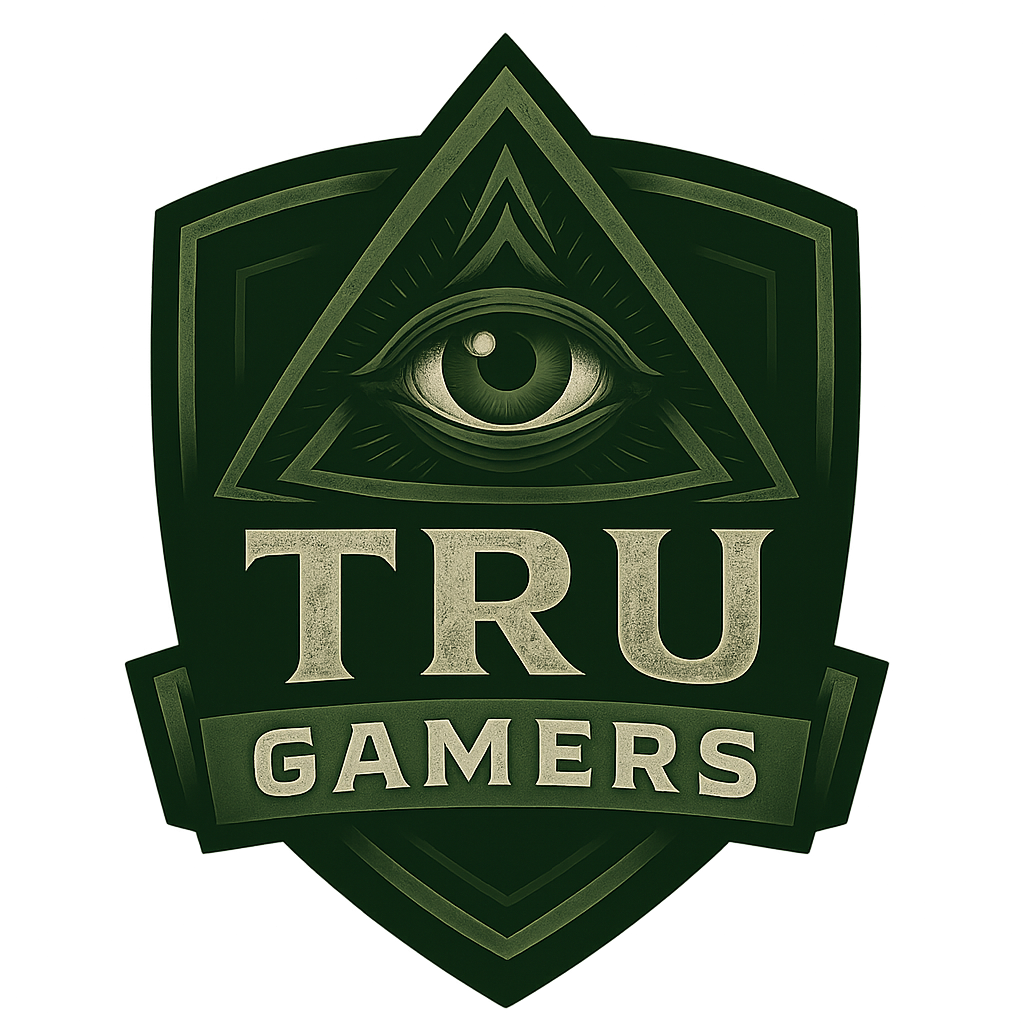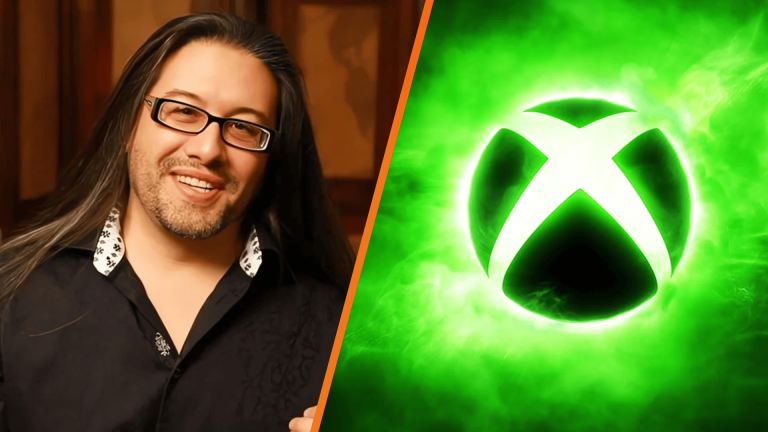|
TRU Gamers Audio Article
Getting your Trinity Audio player ready...
|
🔍 The Situation
The gaming world is still reeling from the latest wave of layoffs at Xbox—part of a broader restructuring effort by Microsoft. But the fallout isn’t just internal. It’s sparked intense discussion about the sustainability of Xbox’s much-hyped subscription service: Game Pass.
One of the most vocal critics? Raphael Colantonio, founder of Arkane Studios (Dishonored, Prey) and now head of indie studio WolfEye (Weird West). Colantonio isn’t pulling punches—and his comments are igniting an industry-wide debate.
💬 The Callout
Taking to social media, Colantonio said bluntly:
“Why is no-one talking about the elephant in the room? Cough cough (Gamepass).”
Asked to clarify, he didn’t hold back. His full statement:
“I think Game Pass is an unsustainable model that has been increasingly damaging the industry for a decade, subsidized by MS’s ‘infinite money,’ but at some point reality has to hit. I don’t think GP can co-exist with other models—they’ll either kill everyone else, or give up.”
That’s not just skepticism—that’s a warning shot.
🧠 The Bigger Picture
Game Pass launched to rave reviews and continues to attract millions of players with its “Netflix for Games” model. It’s been praised for making games more accessible, surfacing indie gems, and giving players more value for their dollar.
But Colantonio argues that behind the scenes, the economics don’t hold. His belief: developers are paid upfront, not based on actual playtime or sales, and the sustainability of pouring first-party games into a flat-rate service is shaky—even if Microsoft can float it for now.
This isn’t just bitterness—Weird West launched day one on Game Pass in 2022, so Colantonio’s seen the model from the inside.
⚔️ Devs vs. The Model
Colantonio’s view echoes a growing concern among developers: that while Game Pass gives exposure, it may cannibalize sales and damage long-term profitability—especially for mid-sized studios trying to survive in a flooded marketplace.
Meanwhile, Xbox continues to double down on Game Pass as the centerpiece of its ecosystem, pushing cloud streaming, mobile expansion, and cross-platform publishing.
But the layoffs—impacting studios like Tango Gameworks and Arkane Austin—have left some wondering whether the strategy is sustainable, or whether the bill is finally coming due.
🎙️ The Industry Reacts
While some devs remain pro-Game Pass, others are beginning to echo Colantonio’s unease.
Fans, too, are split. Many love the service, but are beginning to ask the harder questions:
- What’s the real cost of “free” games?
- Are player habits shifting too far from purchases to passive consumption?
- And how many more studios have to close before we reassess?
🧊 TRU Breakdown
🟢 Pros of Game Pass:
- Affordable access to tons of games
- Boosts discoverability for indie titles
- Expands gaming to new audiences
🔴 Cons (According to Critics):
- Could devalue games long-term
- May reduce studio revenue & sales viability
- Puts pressure on devs to finish fast & fit the model
📢 Final Shot
Colantonio’s bold statement isn’t the first time a developer has called out Game Pass—but the timing, tone, and industry backdrop make it the loudest.
As Xbox forges ahead with a Game Pass-first strategy, the question now becomes:
Is Game Pass the future of gaming, or is it a bubble waiting to pop?
The elephant’s in the room. And now, it’s stomping.
🗨️ What do YOU think? Is Game Pass a gamer’s dream or an industry time bomb? Sound off on Discord or in the comments below.


